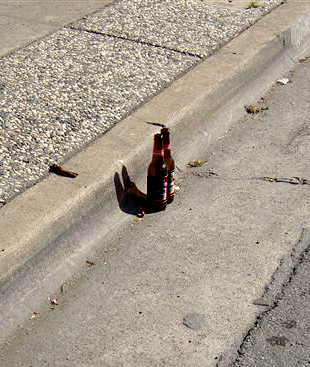Last state changes drinking laws
 Queensland has become the last state to decriminalise public drunkenness.
Queensland has become the last state to decriminalise public drunkenness.
The change, set to take effect on 2 September, also includes decriminalising begging and amending laws to introduce a “reasonable excuse” for public urination.
In a statement to reporters, Queensland’s Police Minister Mark Ryan said the government recognises public drunkenness as a health issue, but will remove criminal sanctions and provide support services, enabling intoxicated individuals to be taken to safe places, such as their homes or medical facilities.
This move aligns Queensland with other states like Victoria, which decriminalised public drunkenness late last year.
Other states made similar changes much earlier: New South Wales in 1979, the ACT in 1983, Western Australia in 1990, and South Australia in 2016. However, begging remains a criminal offence in Victoria, South Australia, Tasmania, and the Northern Territory, while public urination is still criminalised in South Australia and the ACT.
The decision comes after a 2022 committee inquiry report urged Queensland’s parliament to adopt a health-based approach to public space offences.
Although the government initially did not accept the committee’s 16 recommendations, further consideration led to the reforms.
A significant aspect of the committee’s report was the impact of these offences on Aboriginal and Torres Strait Islander peoples.
In 2021, Indigenous people made up 4.6 per cent of Queensland's population but accounted for more than 47 per cent of those charged with public drunkenness and related offences.
Sisters Inside, a not-for-profit advocating for the rights of incarcerated women, says the resources freed up by decriminalisation could foster positive initiatives to assist those dealing with intoxication, mental health crises, or domestic violence in public spaces.








 Print
Print